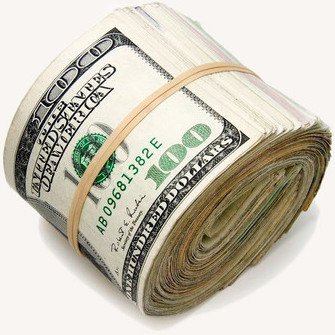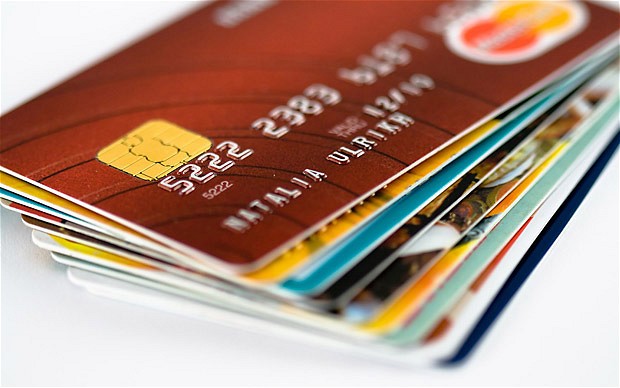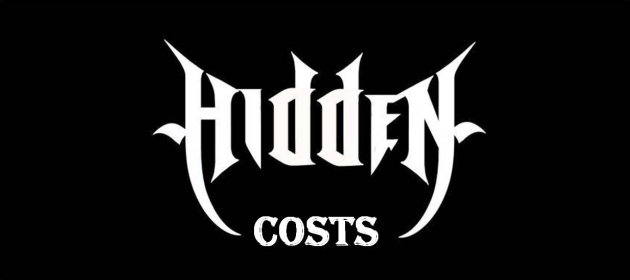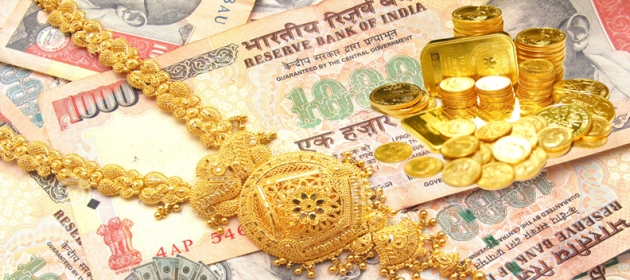 There’s no shortage of studies about the hidden costs of cash to merchants and others. Take this recent HBR report for example. On the face of it, they all make a solid case for society to turn cashless from tomorrow.
There’s no shortage of studies about the hidden costs of cash to merchants and others. Take this recent HBR report for example. On the face of it, they all make a solid case for society to turn cashless from tomorrow.
However, when I’ve scratched the surface, I haven’t found a single one of these articles penned by merchants, who are allegedly the biggest victim of these purported hidden costs of cash. In practice, every merchant I’ve come across accepts cash gladly. Some of them go out of their way to spurn cards despite posting “Visa / Master Welcome” signs in their premises.
When it comes to payment modes, why’s there such a huge disconnect between views expressed from ivory towers and behavior patterns witnessed on the ground?
Is it because of the allegedly high MSC / MDF / MDR fees incurred by merchants for accepting cards? Maybe. But, I think the real reason goes beyond that explicit cost.
The cab industry, which is notorious for shirking cards, provides a good clue for understanding the root cause of this disconnect.
I’ve encountered several cab drivers who use the follow antics to wriggle out of their company’s commitment to accept cards:
- Cover the POS machine with a cloth or old sock, signaling that cards won’t be accepted.
- Claim that the printer is not working, therefore cards can’t be accepted.
- Press the wrong button on the POS machine when I present a card, show me the error message on the display, blame “server problems” for their inability to accept a card.
Generally, I don’t bother to get into an argument and move on after paying with cash.
I then came across this cabbie who agreed to accept cards when I made that a precondition of engaging his cab. Midway through the ride, the cabbie swerved into a petrol pump and filled petrol. Instead of paying for the fuel by cash from his pocket, he asked me to swipe my credit card. He assured me that the fuel cost would more or less equal the fare, which I wouldn’t need to pay at the end of the ride. In essence, the cabbie fulfilled his commitment to accept credit card but palmed off the actual transaction to the gas station.
I thought this was an ingenious tactic for evading a card payment.
I launched into a diatribe about the hidden costs of cash and asked him why he avoided cards so vehemently. This is what he told me:
When customers pay by cash, I get the money immediately. However, when they pay by card, the money goes to the cab dispatch company. I have to go there to collect it. This takes a couple of days and requires one fareless trip to the company’s office. As a result, it’s not good for my business to accept cards. (But, as I couldn’t help noting sardonically, it was good for the cab dispatch company’s cash flow).
The cabbie’s response exposed a major hidden cost of accepting card payments, namely the time, effort and money incurred by a merchant to recover money from middlemen who enter the picture in cashless modes of payment. This is over and above the aforementioned MSC / MDF fees.
So cash is not the only mode of payment that comes with hidden costs.
What’s more, the hidden costs of cashless payments go beyond the taxi industry.
 Take a small business accepting card payments on its website via PayPal or a similar Payment Service Provider (PSP). The money first goes into the PSP’s account. In theory, the PSP has to transfer it to the merchant’s bank account on demand or automatically (within 24 hours, as is the case in India). From personal experience and anecdotal evidence, it seldom works like that in actual practice.
Take a small business accepting card payments on its website via PayPal or a similar Payment Service Provider (PSP). The money first goes into the PSP’s account. In theory, the PSP has to transfer it to the merchant’s bank account on demand or automatically (within 24 hours, as is the case in India). From personal experience and anecdotal evidence, it seldom works like that in actual practice.
Not to single out PayPal but the PSP is well known for arbitrarily freezing merchant accounts. The merchant spends a lot of time and energy to appeal to the PSP for releasing the money. Only the anointed few get any response from the PSP. In most cases, the PSP unfreezes the merchant account only after 180 days. During this period, the merchant’s cash flow is adversely impacted. This is a huge hidden cost that doesn’t appear on any quotes or invoices.
What’s worse, hidden costs for cashless modes of payments can sometimes cripple a business. I read about an event organizer who sold out all tickets for a forthcoming show but couldn’t access the cash to pay artistes and rent because its account was frozen by the PSP. As a result, the company was forced to cancel its show and suffered a severe blow to its reputation from which it couldn’t recover.
Not even the harshest critic of cash would accuse that its hidden costs are so severe that it kills off a business.
Ever since I got my first credit card in the mid 1980s, I’ve preferred cards over cash for several reasons (think rewards for one!). However, the society wasn’t cashless then. More than 25 years later, it still isn’t cashless today. And I doubt if it will become cashless for another 189 years. I know that’s one year less than the figure I’d predicted in The Death Of Cash Is At Least 190 Years Away but that post is one year old now!
Because, thanks to the hidden costs of card, cash in hand will always be worth more than card in bush for many businesses for a long time to come.
UPDATE DATED 3 NOVEMBER 2021:
At the time the original post was written, card was the only cashless mode of payment. That has changed in the subsequent seven years. UPI has made it possible for cabbies to receive their money in their bank accounts instantly. However, probably due to the pandemic or whatever, many businesses – including taxis – are facing acute cash flow problems and still prefer cash over digital payments.

